Nestled at the intersection of traditional West African musical heritage and contemporary artisan excellence, the Dwakrom Kora stands as an emblem of cultural pride and artistic innovation. Crafted by skilled hands in the heart of Ghana, this exquisite harp-lute instrument bridges centuries-old craftsmanship with modern sensibilities, offering both musicians and collectors an instrument that resonates with historical richness and unparalleled quality. At Dwakrom, we believe that every note played on the Dwakrom Kora carries the weight of ancestral wisdom, the vibrancy of present-day creativity, and the promise of future musical explorations. In this article, we invite you to journey through the history, design, craftsmanship, and intrinsic value of the Dwakrom Kora, and discover how it can transform your musical expression and enrich your home or stage.
The Rich Heritage of the Kora
An iconic string instrument from West Africa, the kora has long been associated with griots, who are oral historians, praise singers, and storytellers whose performances preserve collective traditions. In the Mandé civilizations of modern-day Mali, Senegal, and The Gambia, griots have been using the kora’s melodic tones for centuries to celebrate life’s milestones, tell epic stories, and accompany dances and ceremonies. In contrast to many mass-produced instruments, each traditional kora is meticulously fashioned by hand from a huge calabash gourd that has been sliced in half and wrapped in cowhide. It has a long hardwood neck and twenty-one strings made from intestines or fishing line. By maintaining the instrument’s fundamental qualities while making thoughtful improvements to improve its tone, robustness, and player comfort, the Dwakrom Kora pays tribute to this illustrious heritage.
Every instrument at Dwakrom is intertwined with our dedication to environmentally responsible practices and ethical sources. Local farmers use sustainable farming methods to grow the calabashes we choose for resonators, guaranteeing that the gourds are collected at the ideal maturity for strength and resonance. Free-range, grass-fed cattle provide the cowhide skins, which are then processed with traditional vegetable tanning techniques that steer clear of harsh chemicals. To reduce warping and breaking, the hardwood necks, which are frequently carved from mahogany or African walnut, are air-dried under carefully monitored conditions. We provide equitable remuneration and enduring collaborations that support farming and artisan communities, protecting livelihoods and cultural heritage, by working closely with regional cooperatives.
Creating a Dwakrom Kora is a months-long process that marries ancestral techniques with contemporary refinements. A master luthier begins by preparing the calabash: cutting it precisely, smoothing the internal surface, and stretching the vegetable-tanned hide across the opening. The tension of the skin is calibrated to optimize resonance, and once secured, the gourd is decorated with subtle, hand-painted motifs inspired by Akan symbology. The hardwood neck receives meticulous shaping, ensuring a comfortable grip and precise fret placement. Twenty-one tuning rings are formed from brass or recycled metal, allowing players to adjust string tension with ease. Throughout this journey, the luthier continuously tests tonal balance, seeking a voice that is warm, clear, and responsive to the nuances of fingerstyle and plectrum techniques.
Innovative Design Enhancements
While the Dwakrom Kora’s soul remains true to its ancestral roots, our artisans incorporate thoughtful design improvements that enhance playability and longevity. A reinforced internal brace, crafted from sustainably sourced ebony, prevents neck bowing and provides tonal stability across dynamic playing styles. The tuning rings, traditionally made of leather, are upgraded to durable brass, melding functionality with aesthetic elegance. Adjustable bridge components allow for precise action settings, catering to musicians’ individual preferences. These refinements ensure that the Dwakrom Kora not only honors the instrument’s storied past but also meets the rigorous demands of professional performance and recording.One of the first things musicians and listeners notice about the Dwakrom Kora is its rich, resonant timbre. The combination of high-quality calabash, expertly tensioned hide, and seasoned hardwood produces a sound that is full-bodied yet delicate. Whether played in solo performance or ensemble contexts.
The Dwakrom Kora projects with clarity and warmth, its overtones cascading like a waterfall of musical color. The instrument responds to subtle variations in finger pressure and plucking position, granting artists nuanced control over phrasing and dynamics. This sonic versatility makes the Dwakrom Kora a favorite among modern folk ensembles, world music fusion bands, and experimental soloists alike.In addition to its musical qualities, the kora represents a storytelling heritage that goes beyond simple notes. Ancestral mythology, historical accounts, and introspective thoughts are all interwoven in each performance. Those who possess a Dwakrom Kora are invited to participate in this ongoing custom. The instrument is often referred to as a doorway by performers, who sense a connection to a lineage of griots whose tales have influenced civilizations for millennia when their fingertips contact the strings. At Dwakrom, we consider playing the kora to be a cultural preservation practice. You contribute to the preservation and advancement of this intangible legacy by patronizing our musicians and craftspeople.
Who Plays the Dwakrom Kora?
The Dwakrom Kora appeals to a broad range of performers, from experienced professional harpists to inquisitive novices. While self-taught aficionados enjoy its expressive possibilities and easy string layout, conservatorium-trained players value its exact intonation and exquisite craftsmanship. Dwakrom Koras is frequently commissioned by educational institutions and cultural centers to be used in ethnomusicology classes, giving students a firsthand introduction to West African musical traditions. The instrument’s physical beauty has even been recognized by interior designers, who have used it as the focal point of lounges with a musical theme or meditation areas. A genuinely unique companion on any musical journey, each Dwakrom Kora carries the handcrafted fingerprints and creative inspirations of its maker.
The Dwakrom Kora has appeared on venues from Berlin electronic dance festivals to New York jazz clubs as global music fusion continues to enthrall listeners. Its ethereal resonance works well with synthesizers, percussion, and string quartets, and it complements contemporary genres like ambient, neo-soul, and indie folk. Because of the kora’s inherent reverb and harmonic complexity, producers frequently sample its notes to create evocative soundscapes. The Dwakrom Kora maintains its acoustic quality when amplified with a covert pickup, making it easy to include into studio or live band settings. The instrument encourages performers to venture into unexplored acoustic realms by balancing tradition and innovation.
A well-maintained kora is an heirloom that can last generations. To preserve the beauty and functionality of your Dwakrom Kora, store it in a climate-controlled environment, ideally between 18°C and 24°C with moderate humidity. Avoid exposing it to direct sunlight or heat sources, which can cause the skin to tighten excessively and crack. Wipe the body with a soft, dry cloth after each use, and apply a drop of natural wood polish to the neck every few months to maintain its sheen. Check the tuning rings for secure placement, and re-tighten gently if they slip. With attentive care, the Dwakrom Kora will continue to sing with clarity and soul for years to come.
Customization and Personalization Options
We at Dwakrom understand that musicians look for instruments that express who they are. We provide a variety of customization choices for the Dwakrom Kora because of this. The gourd can be adorned with elaborate hand-painted patterns, geometric patterns, Akan Adinkra symbols, or unique themes. To fit your style, choose from a variety of wood treatments, such as deep walnut stain or matte natural. Make your instrument as distinctive as your artistic expression by engraving your name or a special statement on the neck’s base. Our craftspeople will collaborate closely with you to realize your concept, making sure that your Dwakrom Kora has both melodic beauty and personal meaning. Acquiring a Dwakrom Kora is a seamless experience through our online store. Each product page features high-resolution images, detailed specifications, and audio samples so you can appreciate the instrument’s tonal qualities before committing. Our secure payment gateway accepts major credit cards and digital wallets, and we ship worldwide with robust packaging designed to protect the instrument in transit.
Upon arrival, you’ll receive a complimentary setup guide, video tutorials on basic tuning and playing techniques, and access to our community forum, where seasoned Dwakrom Kora players share tips and inspiration. For professional musicians, we offer premium after-sales support, including string replacement services and annual checkups performed by our master luthiers. The Dwakrom Kora has gained popularity among musicians and collectors worldwide, who have praised its sound, craftsmanship, and cultural authenticity. The ethnomusicology professor Kwame Mensah emphasizes the Dwakrom Kora’s “perfect balance between traditional resonance and modern playability,” while jazz soprano Amina Koroma calls it “a companion that breathes life into every song.” The kora’s “luminous overtones lend an otherworldly texture” to their works, according to global fusion group Saharan Rose. These honors demonstrate the strong bond musicians have with their instruments and reaffirm our dedication to quality.
Every Dwakrom Kora sold directly benefits the artisans and farming communities involved in its creation. A portion of each sale is reinvested in local education initiatives, ensuring that the next generation of luthiers and farmers can continue the traditions that sustain their cultural identity. We also sponsor workshops where master craftsmen teach carving, tanning, and design techniques, fostering knowledge exchange and community pride. By choosing a Dwakrom Kora, you become part of a larger movement that values ethical commerce, cultural preservation, and the transformative power of art. In an era of rapid technological change and global homogenization, the Dwakrom Kora stands as a testament to the enduring relevance of handmade art. Its presence reminds us that music is a living tradition, passed from hand to hand, heart to heart. Each pluck of its strings invokes centuries of stories while pointing toward new creative horizons. As audiences around the world seek authentic, soul-stirring experiences, the Dwakrom Kora offers an invitation: to listen deeply, to connect across borders, and to celebrate the shared humanity that resonates within every note.
Embrace the Legacy, Create Your Own Story
The Dwakrom Kora is more than an instrument; it is a bridge between past and present, a catalyst for creative exploration, and a symbol of community resilience. At Dwakrom, we honor the legacy of West African musical traditions while empowering artisans to innovate and flourish. Whether you are a seasoned performer, an aspiring musician, or a thoughtful collector, the Dwakrom Kora awaits to become a part of your journey. Explore our collection today, and let the resonant melodies of this exquisite harp-lute inspire your next composition, enrich your performances, and leave an indelible mark on your artistic legacy.

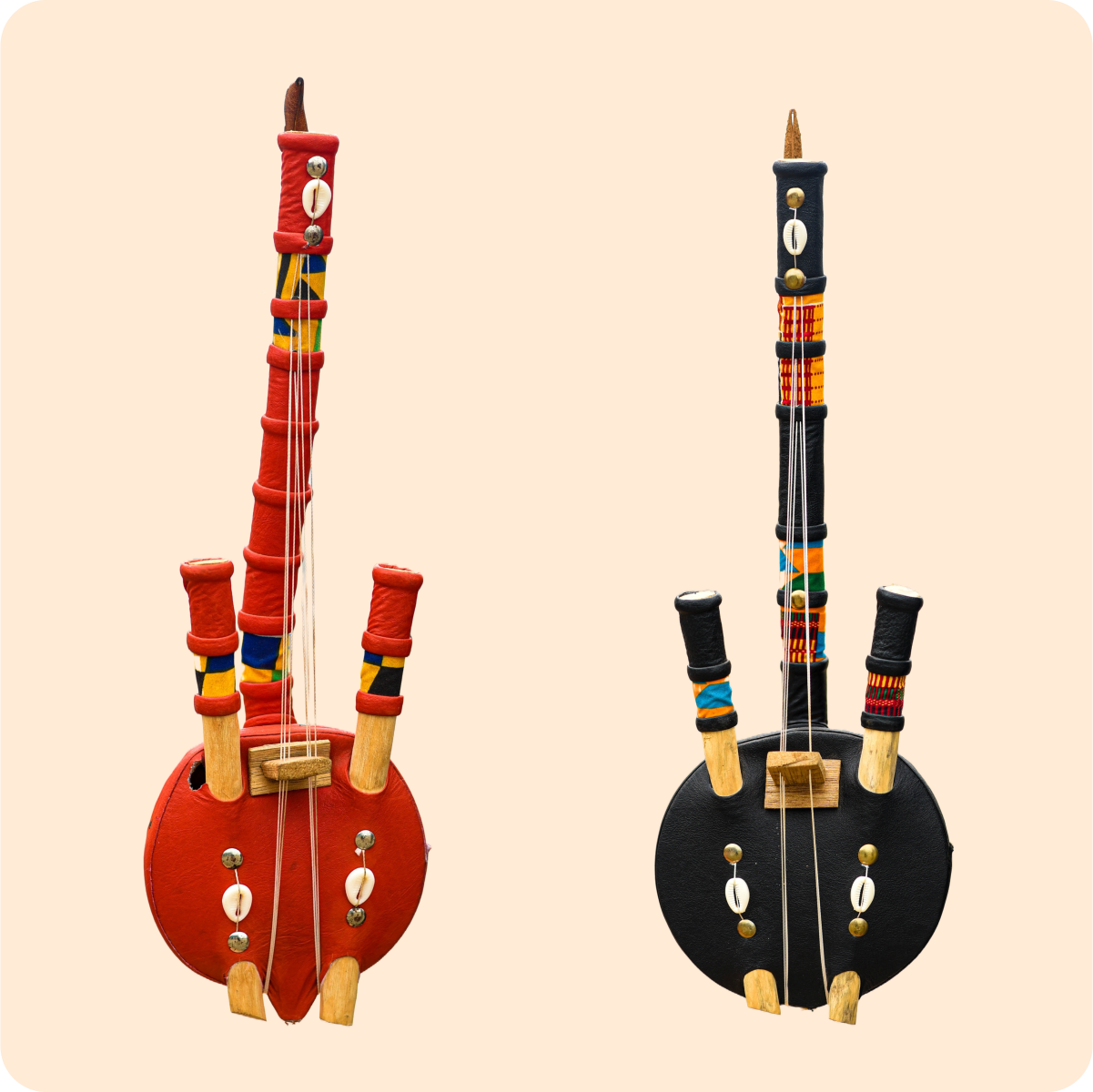
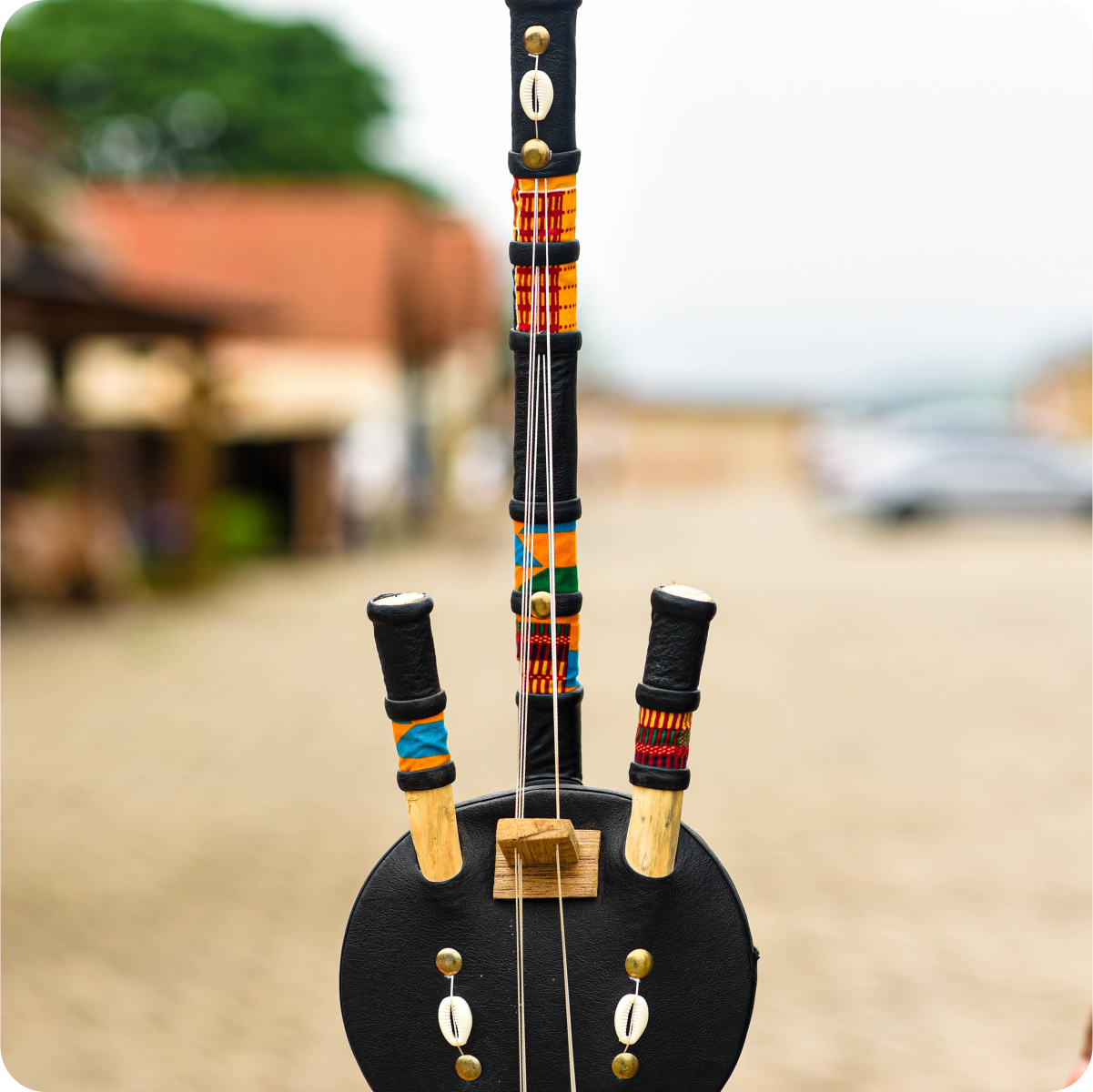
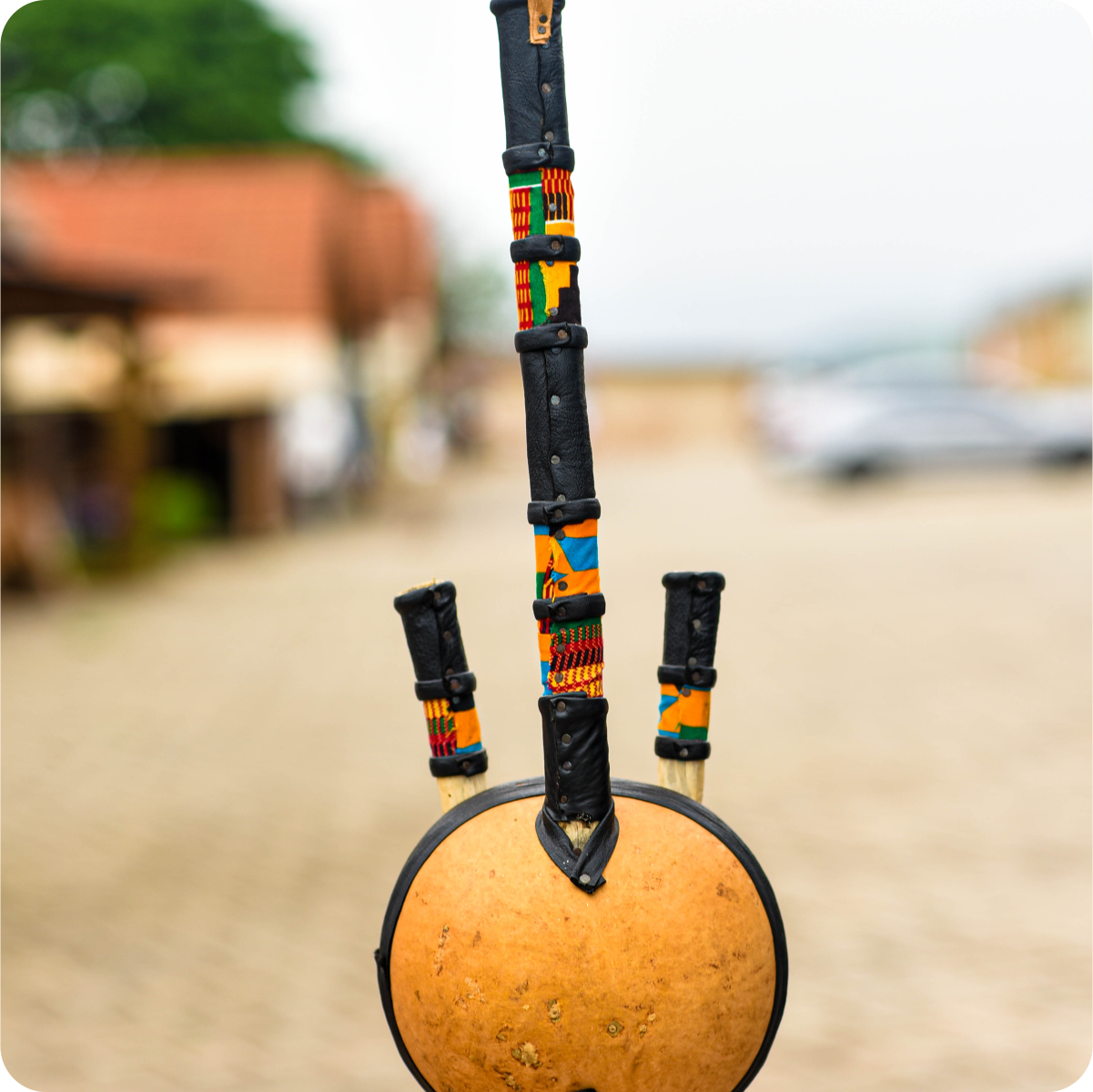
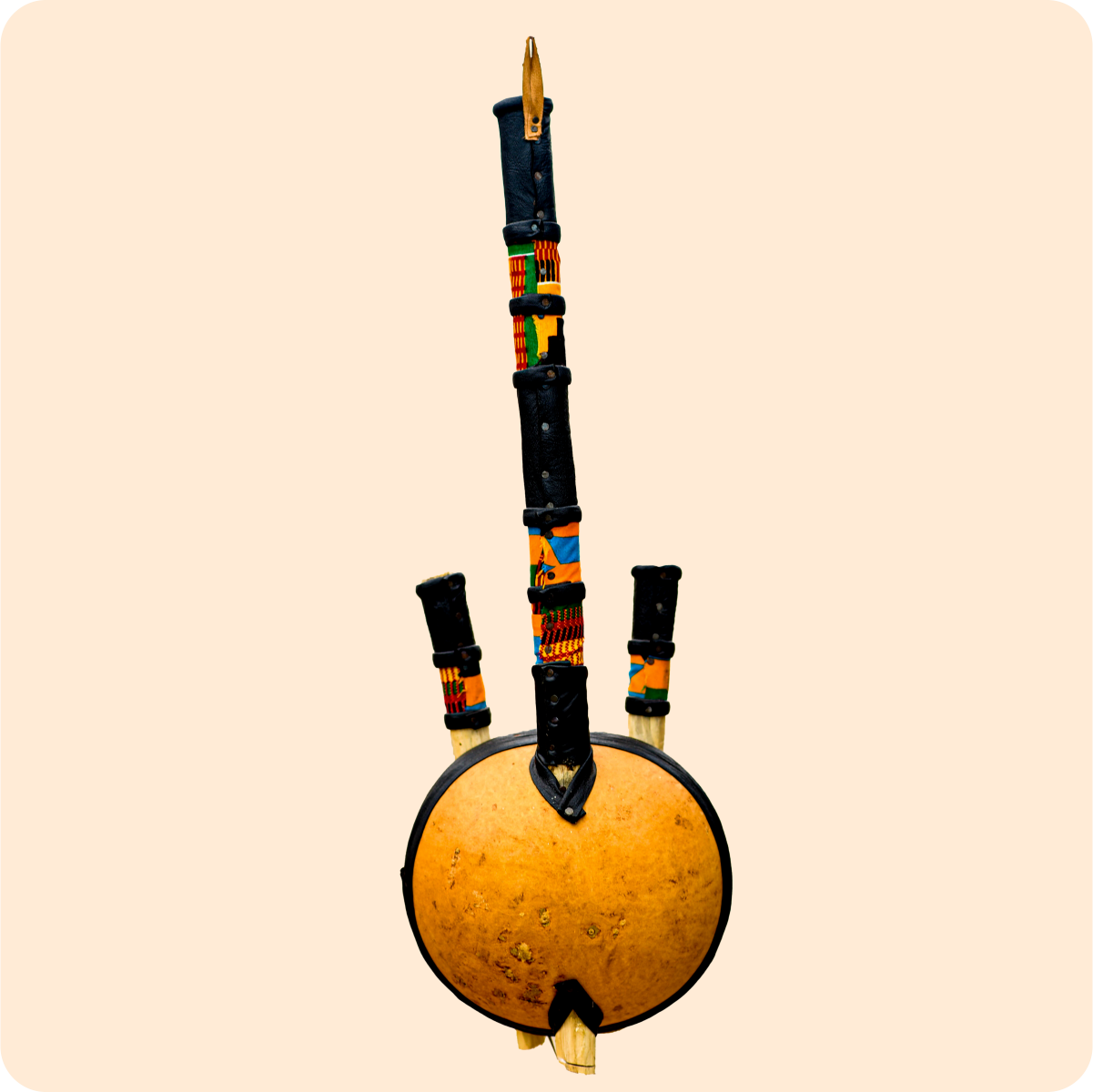
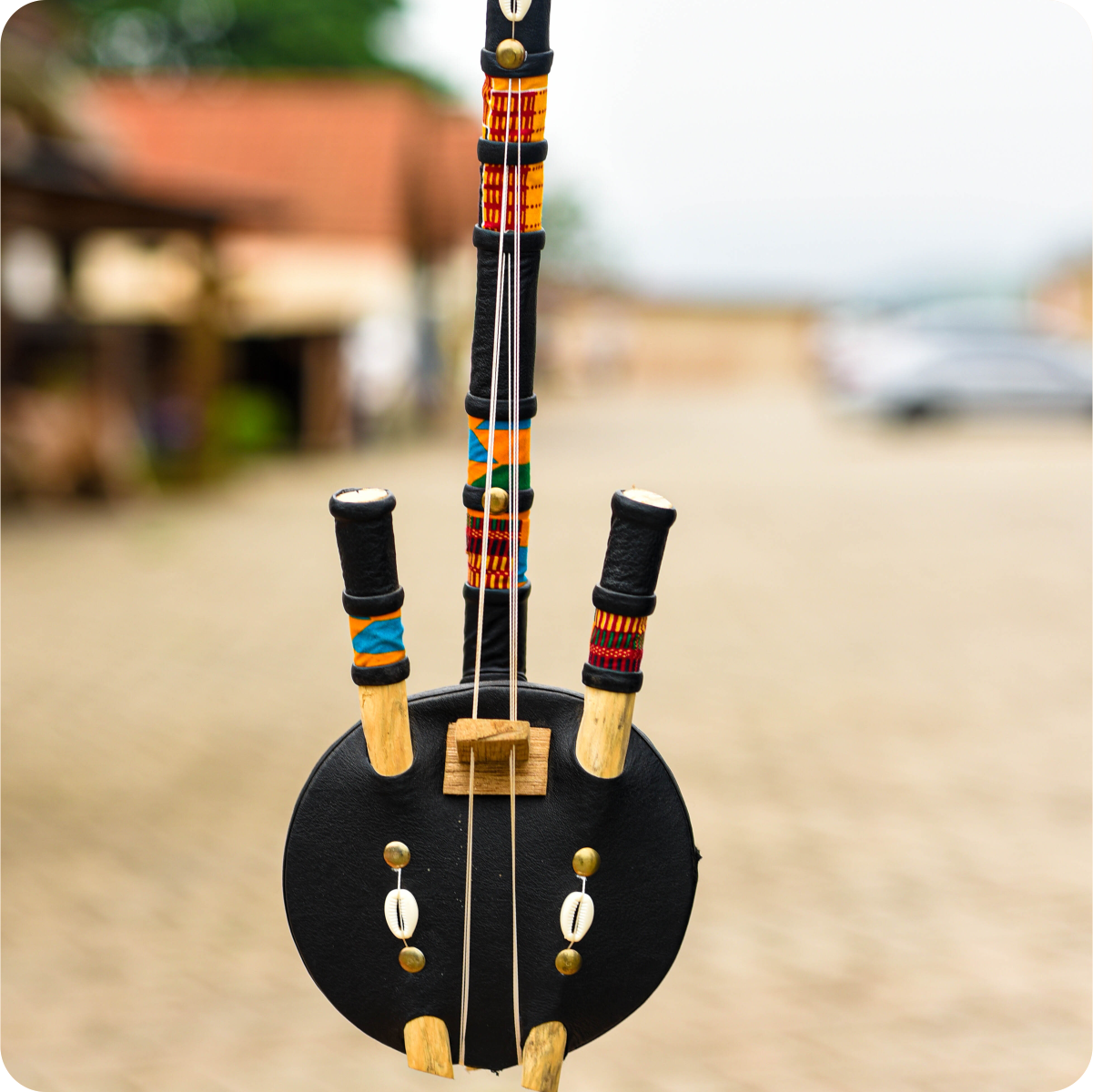
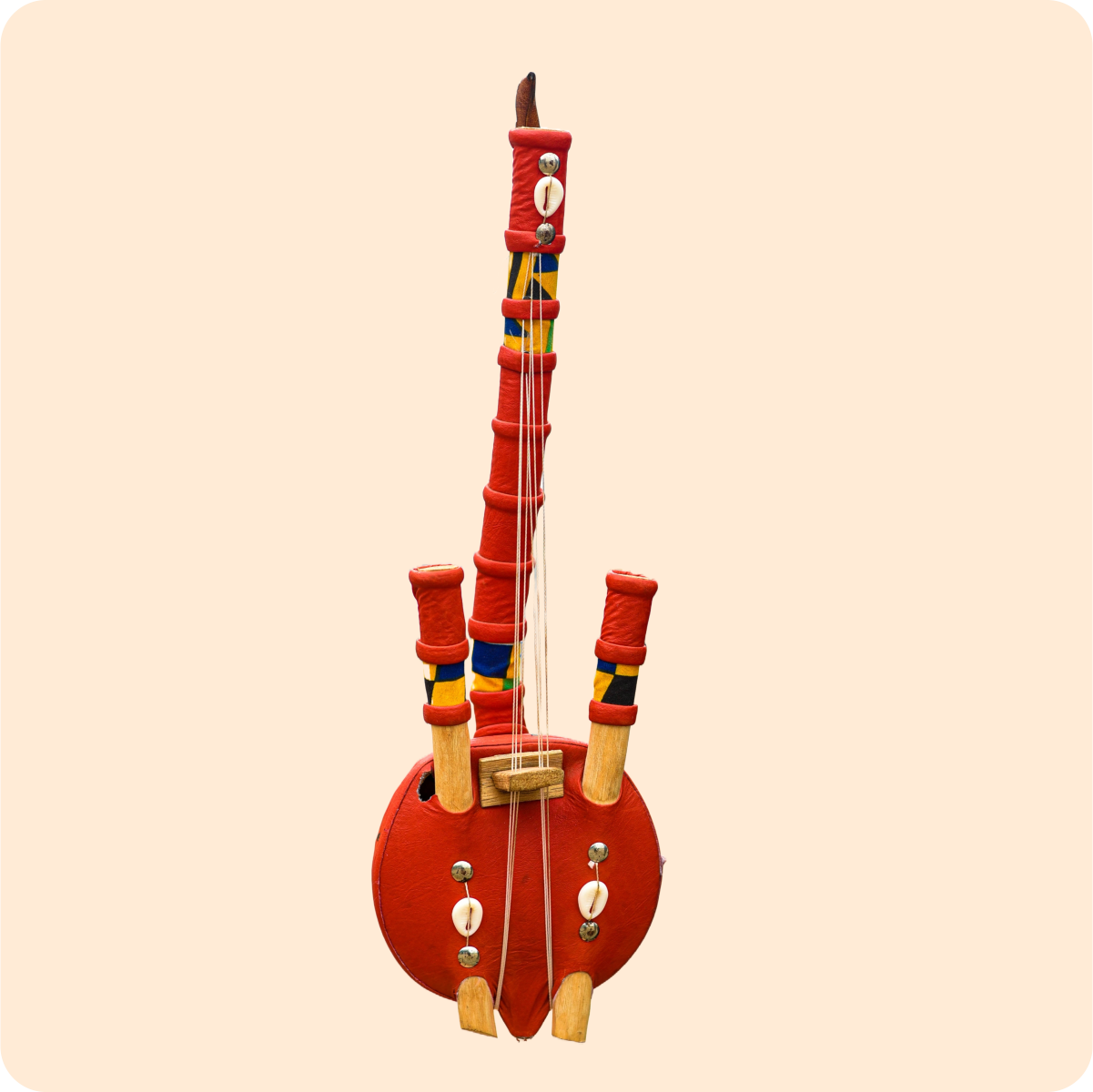
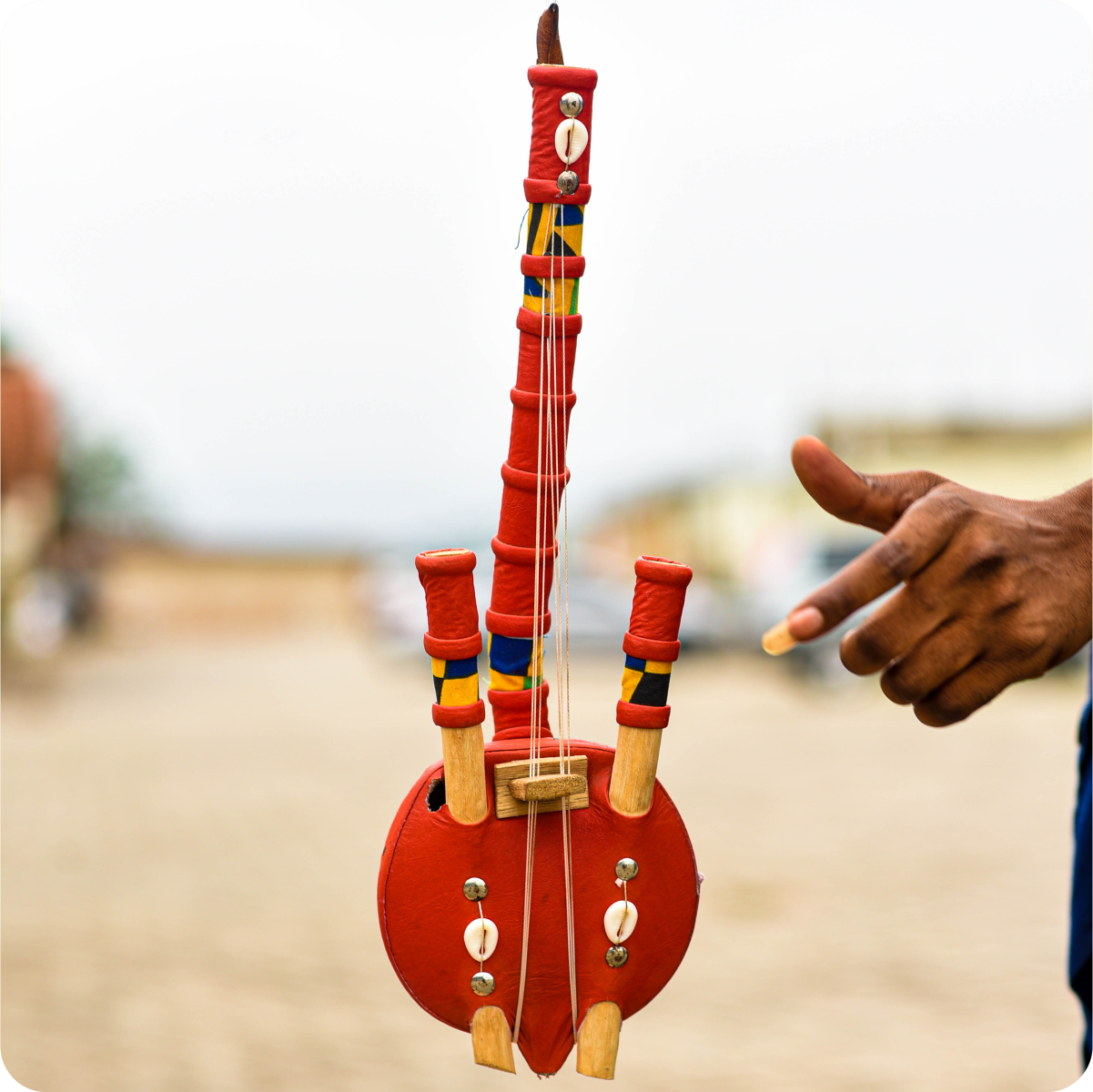
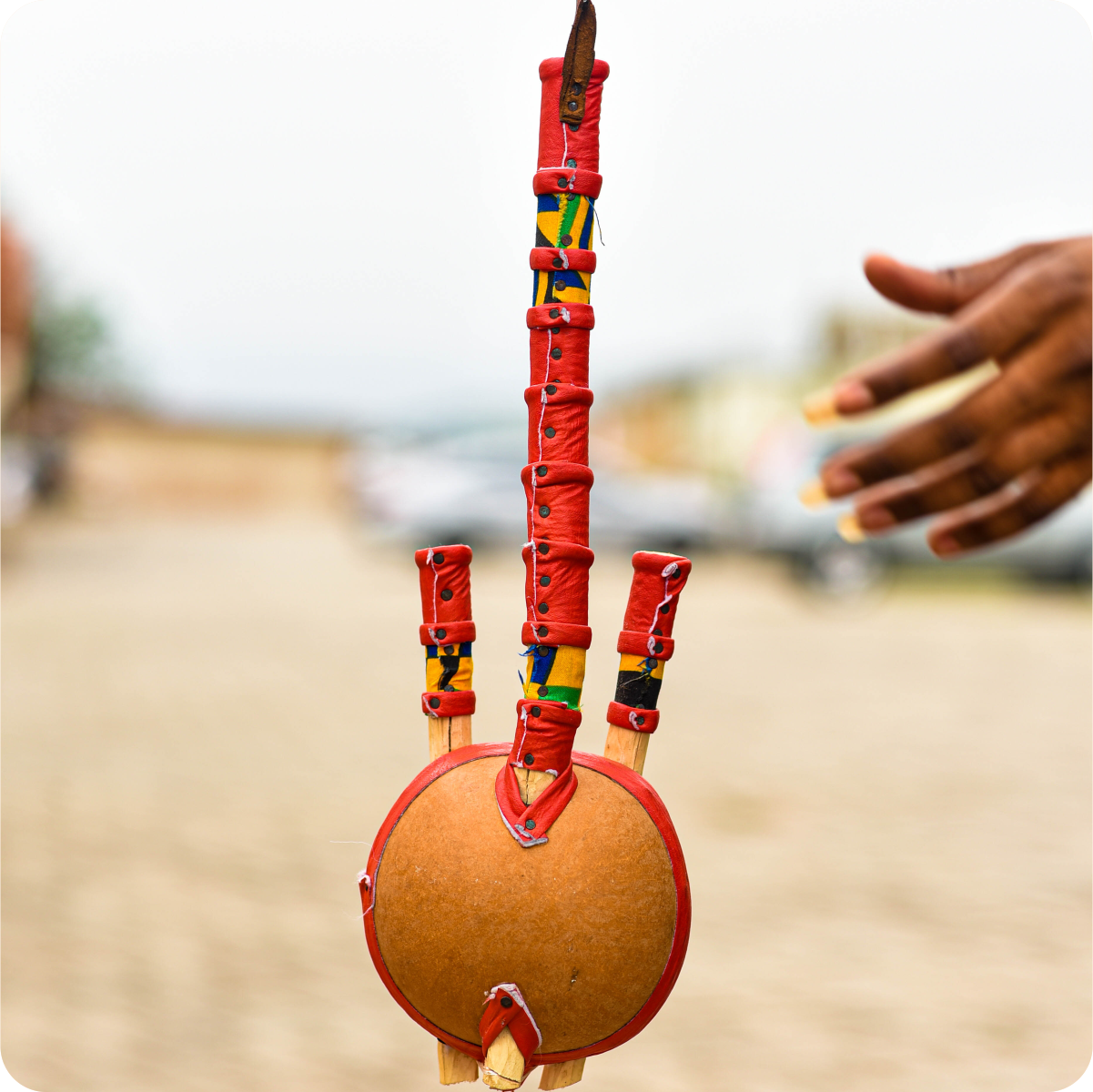
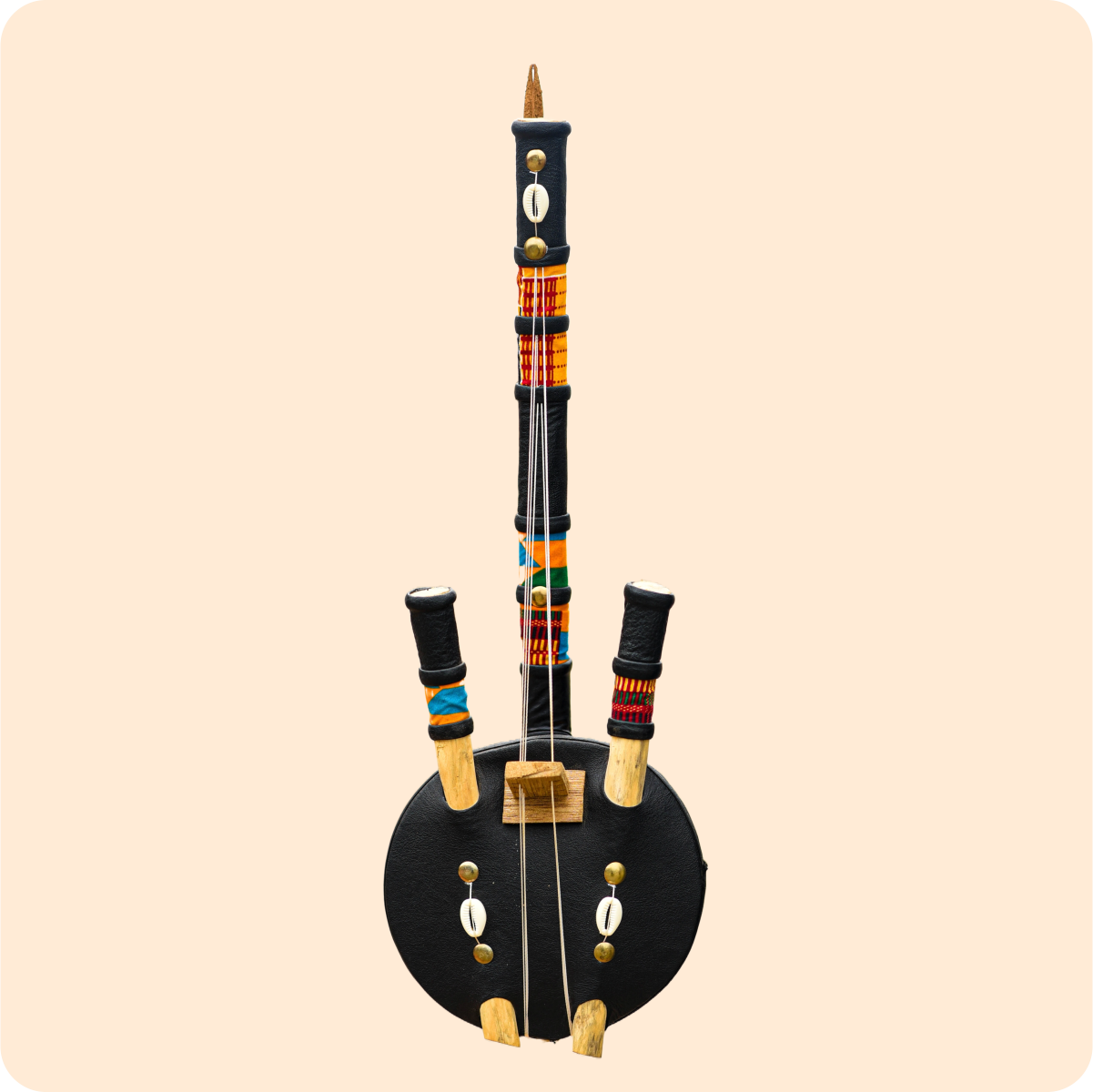
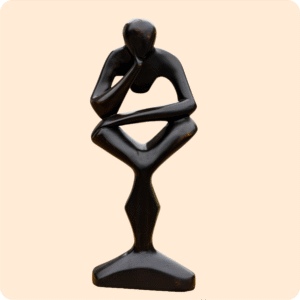
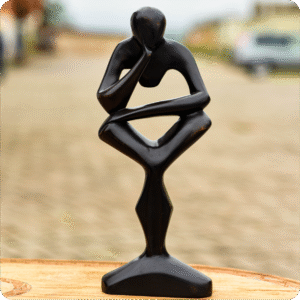


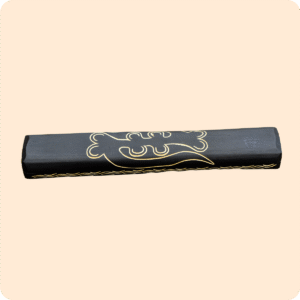
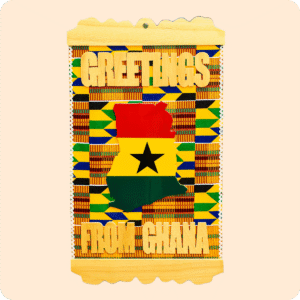
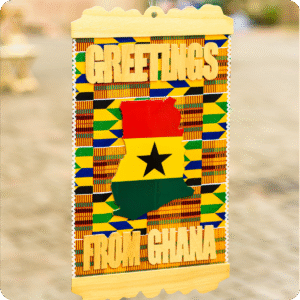
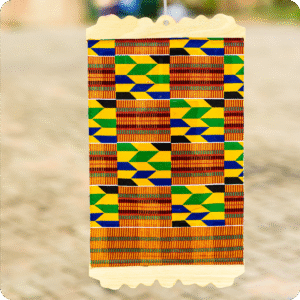
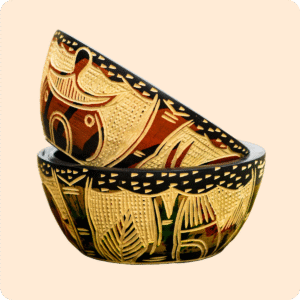
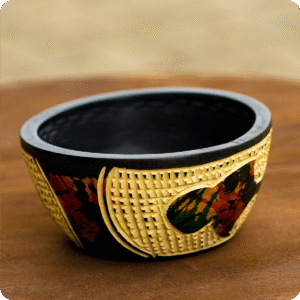
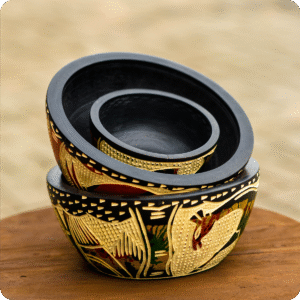
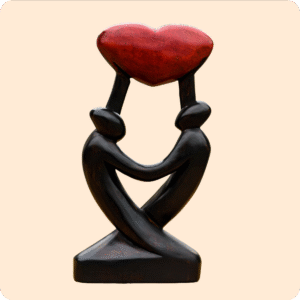
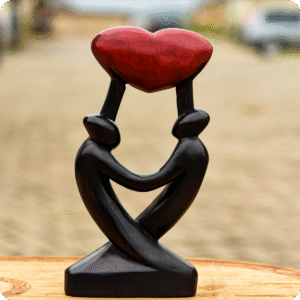
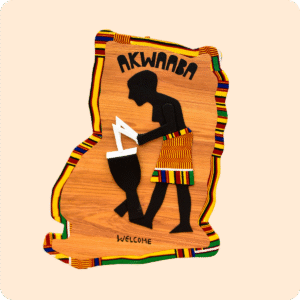

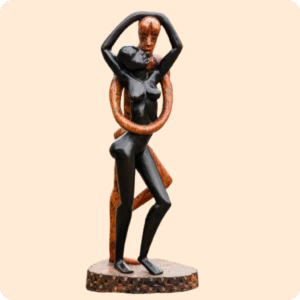
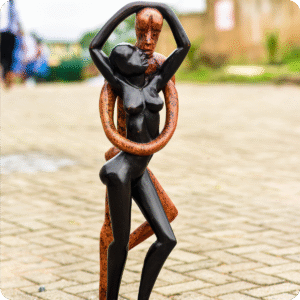
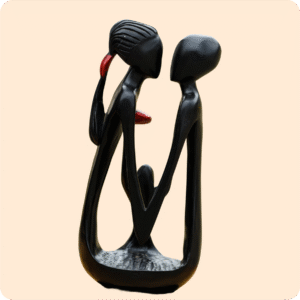
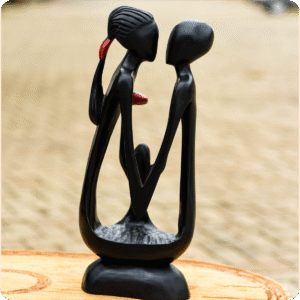
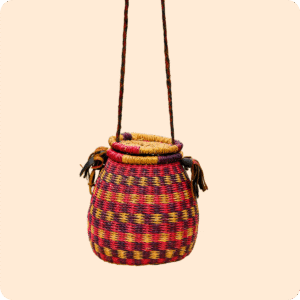
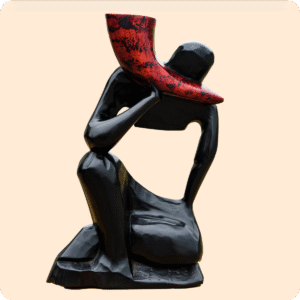
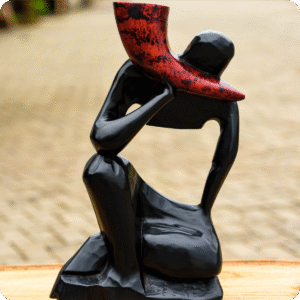
 No products in the cart.
No products in the cart. 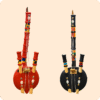
Reviews
There are no reviews yet.